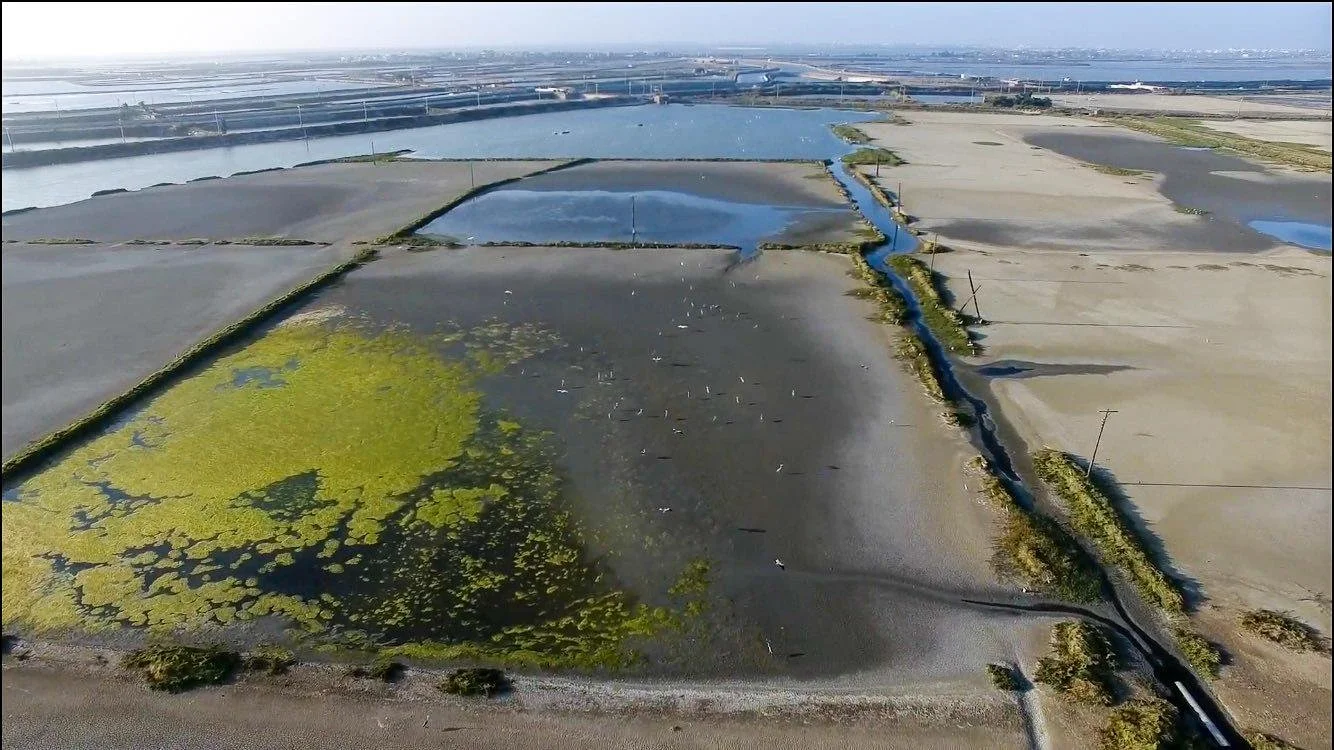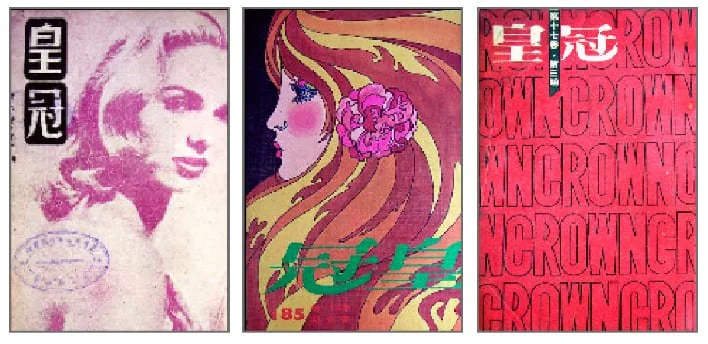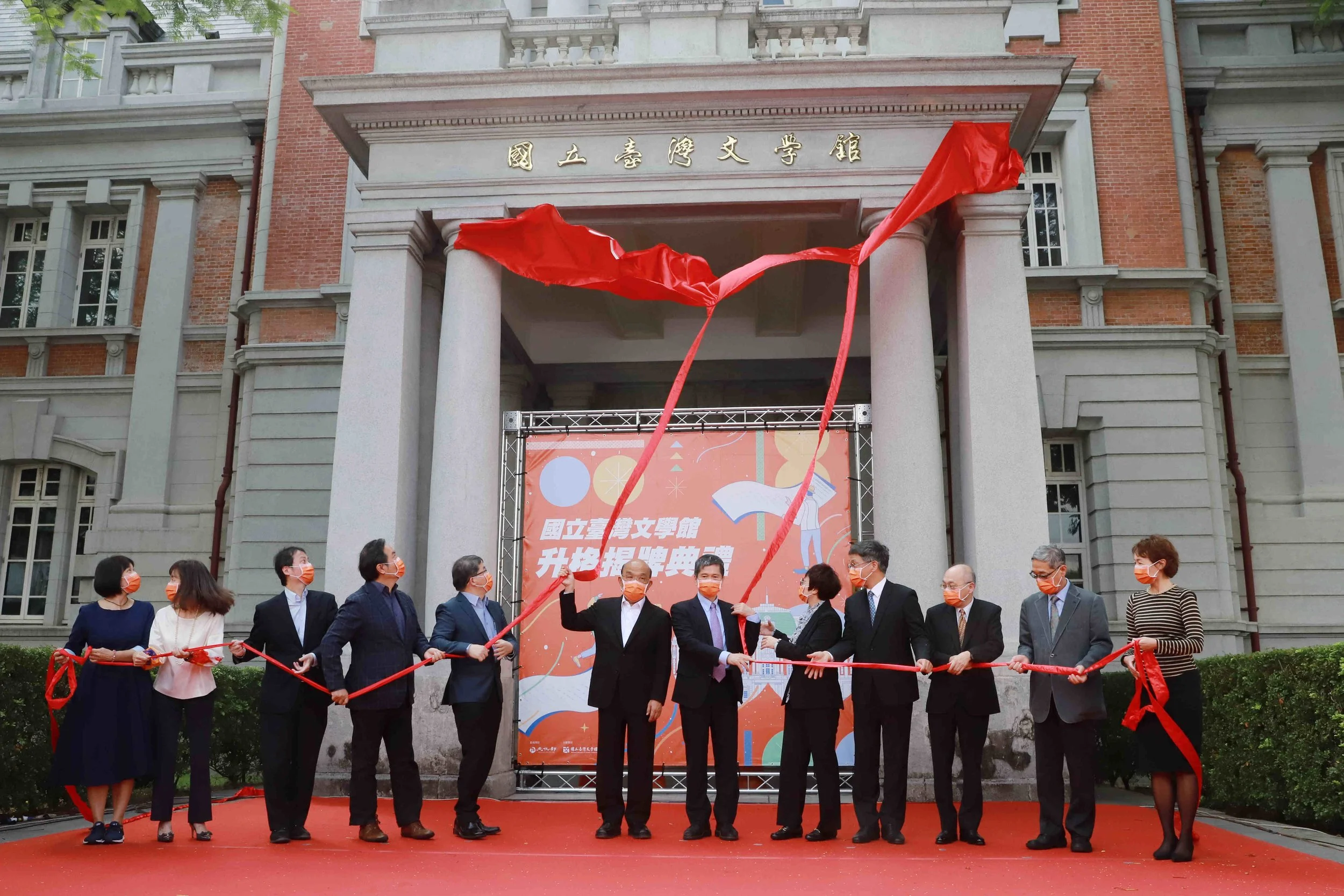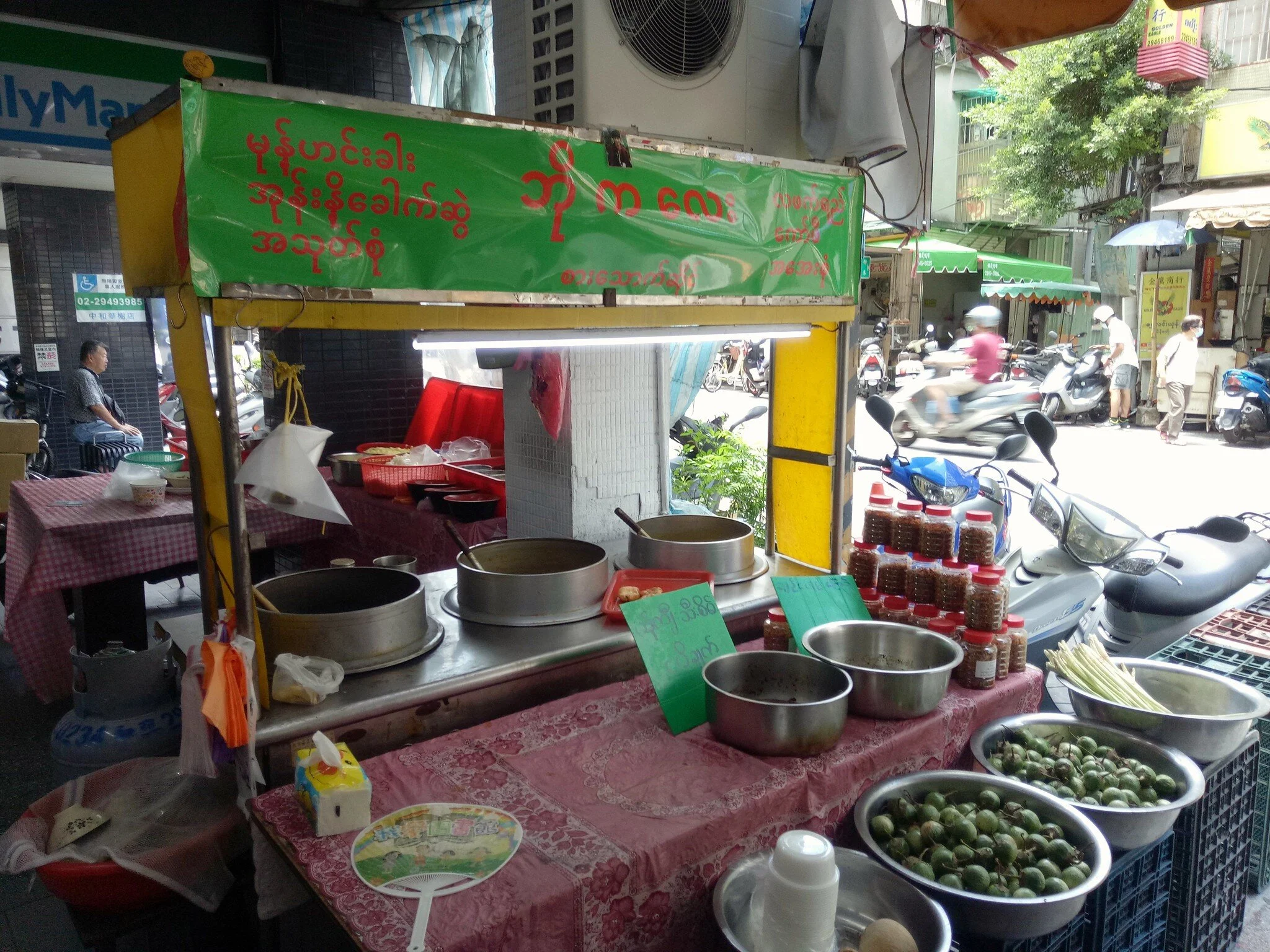The Taiwan Gazette translates and publishes original reporting from Taiwan, Hong Kong and China. Our goal with the platform is simple: We want original reporting from the Sinosphere to have a wider impact on global civil society.
All in Translations
When “Rainy Night Flowers” Meets Western Symphony: The First Hokkien Opera Composer Gordon S.W. Chin
Gordon S.W. Chin (金希文) blends Taiwanese elements in Western classical music. He has written many symphonies, and has even composed a Taiwanese language large-scale opera. At the age of 60, he has become a recipient of the 2017 Taiwan’s National Award for the Arts.
Bringing Green Into Fashion: Taiwan's Energy Dilemma
To combat climate change, Taiwan’s current energy strategy aims to “promote green energy, increase natural gas, reduce coal-fired, [and] achieve nuclear-free” goals. Over the past 3 years, the government has sought to develop various renewable energy programmes. Unfortunately, in cataloging potential sites, some of those with high potential for renewable energy have been found to be ecologically sensitive or have high social value. This tug-of-war between renewable energy development and ecological conservation has created a “Green Conflict”.
No Final Goodbyes ── Pioneer of the Hong Kong “Lying Flat” Movement, Victoria Park Native Simon Lee, Passes Away
Simon Lee, a street sleeper and practitioner of what is now known as the “lying flat” movement, passed away in December 2021. Hong Kong photographer Ko Chung Ming had the chance to document the bits and pieces of Simon’s life and his way of engaging with the social world.
Underneath School Campuses: A Short History of Public Cemeteries in Taipei City
In Taiwan, many school campuses are said to have been built upon the site of public cemeteries. This article will probe into the mystery of school campuses by looking at the history of public cemeteries and the founding of several schools in Taipei City.
Finding A Voice Before Television: Radio and Magazines In 1950s Taiwan
The 1950s Taiwan was commonly known as an era of political suppression. Yet, elements of Taiwanese culture flourished during this period, paving the way for the growth of Taiwan’s entertainment industry. This article considers the role of radio and magazine in giving a “voice” to Taiwanese society under martial law.
The Aftermath of the Taroko Train Accident: An interview with the 76 Monks cosmetology Team
On April 2, 2021, a Taroko express train operated by the Taiwan Railways Administration (TRA) derailed at the Qingshui Tunnel in Hualien, resulting in 49 casualties. Due to the collision severity, most of the victims’ bodies were severely disfigured. A group of volunteer mortuary cosmetologists from the 76 Monks – a non-profit organization which has assisted with many large-scale disasters – were immediately dispatched to assist in the reconstruction of the corpses with the intent of protecting the dignity of those who perished. The Reporter visited the restoration site of the Hualien City Funeral Home over several days and learned that the cosmetologists are willing to overcome all difficulties and come to serve from all over Taiwan. How did cosmetologists from the 76 Monks go about fixing the wounds of the deceased and heal the grief of the living with their bare hands?
Indent Stores and Keelung Harbor: The Trendsetter of Cold War Taiwan
During the 1960s and 1970s, Keelung was famous for its indent store business, a trade that specializes in consigning goods for sale or purchasing imported goods. How should we understand the rise and fall of the "indent store" business in relation to the historical formation of Keelung city?
A Return to the Human World: Chen Yingzhen’s Utopia and Four Ren Jian Journalists
Though short-lived for just less than four years, the Ren Jian (Human World) magazine, founded in 1985, was like a legend, shedding light on countless dark corners of Taiwanese society and revealing the wounds of the land in Taiwan before and after the lifting of martial law. With its powerful photographs and writings, it defines the core of in-depth investigative reportage. For more than 30 years, Ren Jian has been mentioned every now and then, commemorated through various exhibitions, conferences, or awards, including the Outstanding Contribution Award bestowed by the 2021 Taiwan International Documentary Festival (TIDF). The Reporter meets with former Ren Jian employees and interviews them about their personal perspective of what the magazine means for their lives and for the era.
Commentary / The Time is Up: Taiwanese Businessmen in China Facing the Centennial of the Chinese Communist Party
Taiwanese businessmen in China have enjoyed the spoils of China’s economic reform and political development after Tiananmen. Doing business in China could be risky, however. It is easily affected by the profound instability of business-political relationship in China, the shifting balance of global power, and other factors. As the Chinese Communist Party celebrated its centennial in 2021, what might be the fate of Taiwanese businessmen in China?
The Future of Taiwan Literature: An Interview with Shuo-bin Su (Part 2)
“Taiwan literature can be conceived of as every single mode of literary expression that has left an existential trace on Taiwan,” said Dr. Shuo-bin Su (蘇碩斌), director of the National Museum of Taiwan Literature. The research, preservation, and promotion of such modes of expression, however, either failed to receive organized institutional support or was subsumed under a China-centered historiographical perspective before the lifting of martial law in Taiwan. The establishment of Taiwan literature as a field of academic inquiry became possible thanks to the political liberalization of Taiwanese society and the emergence of a “Taiwan consciousness” since the 1980s. What might be the challenges and possibilities facing the field of Taiwan literature, then and now? What might be the new directions of the field? This interview features as part of our special issue: Encountering Everyday Life: Taiwan in Museums.
The Power of Taiwan Literature: An Interview with Shuo-bin Su (Part 1)
Before the lifting of martial law in 1987, the research, preservation, and promotion of Taiwan literature in Taiwan either failed to receive organized institutional support or was subsumed under a China-centered historiographical perspective. The establishment of Taiwan literature as a field of academic inquiry became possible thanks to the political liberalization of Taiwanese society and the emergence of a “Taiwan consciousness” since the 1980s. What might be the challenges and possibilities facing the field of Taiwan literature, then and now? What might be the new directions of the field? This interview features as part of our special issue: Encountering Everyday Life: Taiwan in Museums.
U.S. Aid and the Origins of Taiwanese Wheat Culture
Wheaten foods play an important role in the everyday life of Taiwanese people. However, the mass introduction of wheaten foods to Taiwan and even Taiwan’s own domestic production of flour are fairly recent phenomena. Why did Taiwanese begin integrating large quantities of wheaten foods into their diet? The answer to this question is intimately linked to U.S. aid. A story of food culture and U.S. Cold War cultural policy in Asia, this article features as part of our special issue: Encountering Everyday Life: Taiwan in Museums.
Becoming Fit and Strong: A History of Physical Training in Taiwan
The practice of physical training is not only an issue of individual choice but has always been intertwined with the political economy of nation-building. A story of civilization, wartime mobilization, and nationalism, this article on physical training features as part of our special issue: Encountering Everyday Life: Taiwan in Museums.
Ordinary Straw Hats Guided Colonial Taiwan to International Fashion
In the early stage of Japanese colonial governance, the Government-General of Taiwan encouraged the straw hat business—the growth of which not only brought Taiwan to the stage of international fashion, but also consolidated Japan’s colonial imaginary of Taiwan as a southern island, a strategic site from which the southward advance policy could be launched. A story about colonial modernity and imaginaries, this article features as part of our special issue: Encountering Everyday Life: Taiwan in Museums.
The Birth of Meiji Chocolate: Colonial Taiwan and Its Sugar Industry
Taiwan’s sugar industry flourished during the Japanese colonial era, giving birth to the widely known chocolate brand: The Meiji Chocolate. A story about Japanese colonial modernity and anti-colonial resistance in Taiwan, this article on sugar features as part of our new special issue: Encountering Everyday Life: Taiwan in Museums.
Thinking Outside the Pot: The Bond between Taiwan and the Steam Rice Cooker
In Taiwan, using a steam rice cooker is an everyday experience. However, up until the 1960s, the big stoves, briquette stoves, and kerosene stoves still enjoyed widespread popularity. How did the steam cooker eventually step into Taiwanese homes and become one of its essential kitchen appliances? This article will present a few facts about the steam rice cooker, examining the history of its growing popularity in Taiwan.
Taiwan’s Humanitarian Aid to Hongkongers Faces New Questions Amid Geopolitical Uncertainties
July 1, 2019 is the 2nd anniversary of the occupation of the Legislative Council in Hong Kong’s Anti-Extradition Bill movement and the 1st anniversary of Taiwan’s investment of national resources in providing humanitarian aid to Hongkongers in exile. Two years after Taiwan’s assistance of Hong Kong, official relations between the two have seemingly ceased as the political situation in Hong Kong continues to deteriorate. Amid geopolitical uncertainties, how can Taiwan continue to help Hongkongers?
A Cup of Myanmar Milk Tea and Homesickness: A History of Huaxin Street
Huaxin Street, also known as Little Burma, is home to a large overseas Burmese-Chinese community in Taiwan. How did this community come to be? How did the overseas Chinese policies of “Free China”’ contribute to this rise of this community? What can we learn from this community’s relationship with its “homeland”?





















